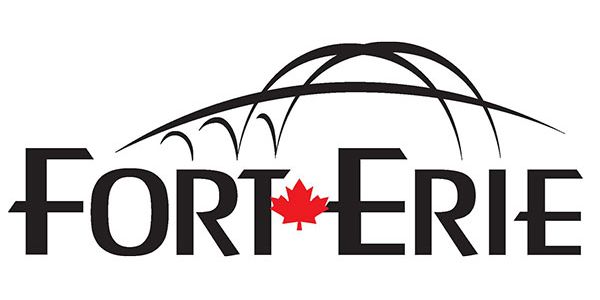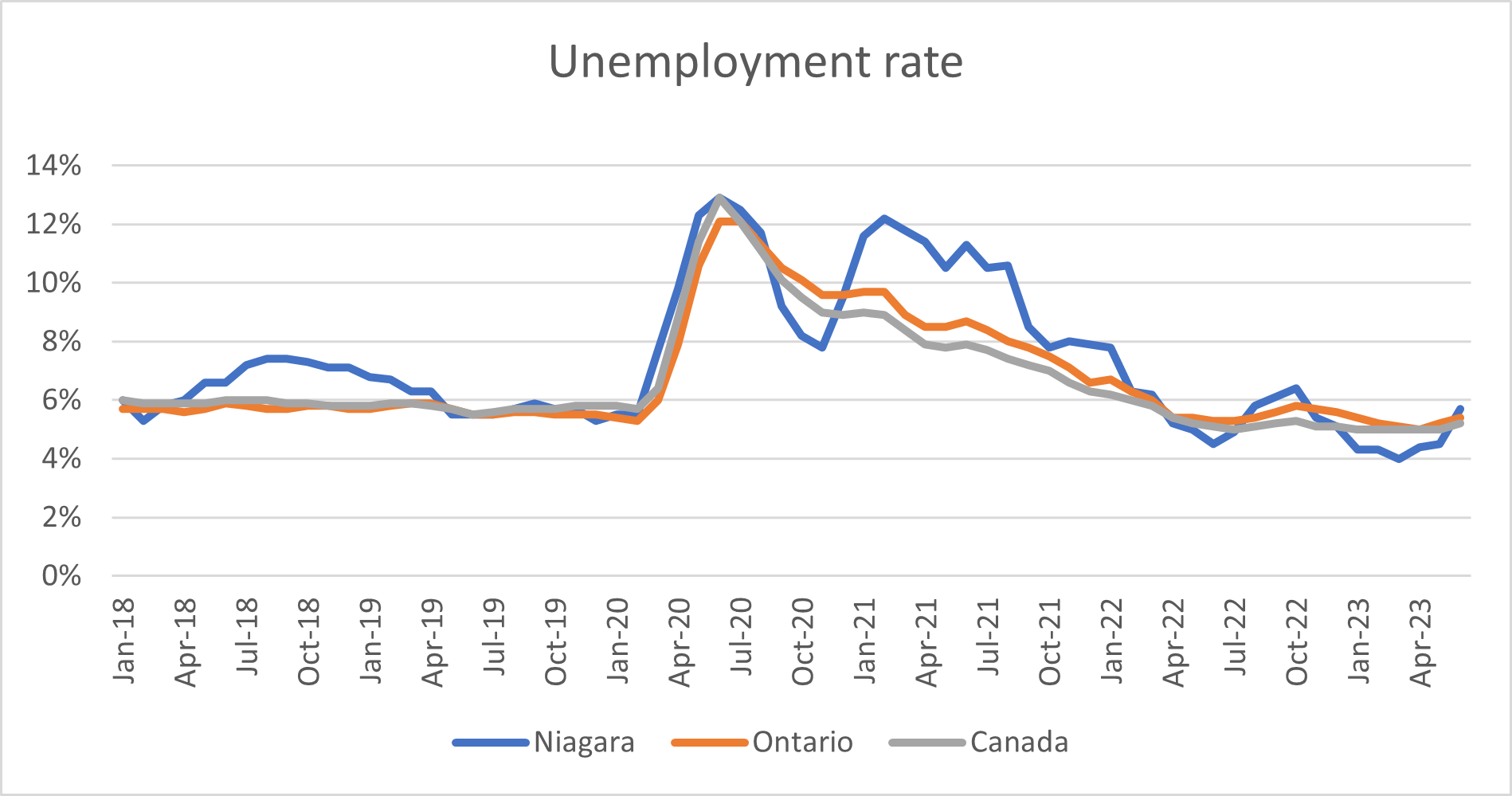
In this edition:
- Ontario breaks ground on long-term care home in Niagara-on-the-Lake
- Simplii Financial supports Niagara College students with $1 million sponsorship
- St. Catharines asset conditions not a good news story
- Premiers ask Ottawa for COVID-19 small business loan extension
- Ontario Energy Board announces changes to electricity prices for small business
- Welland Mayor Frank Campion says he will invoke strong mayor powers
- Ontario Municipal Partnership Fund to provide funding of $500m for 2024
- Focus on Human Resources

Ontario breaks ground on long-term care home in Niagara-on-the-Lake
Construction is underway at Radiant Care Pleasant Manor, a new long-term care home in Niagara-on-the-Lake. This home is one of 67 long-term care home projects fast-tracked this fall with support from the Ontario government’s increased construction funding subsidy. This is part of the Ontario government’s commitment to build more than 58,000 new and upgraded long-term care beds across the province.

Simplii Financial supports Niagara College students with $1 million sponsorship
Simplii Financial, a longtime partner of Niagara College, today announced a generous $1 million commitment to expand recreation and engagement opportunities for students, across sports, extra-curricular programming, and events.
“This commitment represents a significant contribution to the lives and college experience of our students,” said Niagara College President Sean Kennedy. “Academic excellence and a wholistic student experience are key priorities for us as a College, and Simplii’s generous support gives us a leg up in providing academic and co-curricular experiences that set our students up for success in work and in life.”

St. Catharines needs to spend $20 million more annually just to maintain its current level of assets and has some in poor condition — but city councillors heard it’s not any worse off than most municipalities.
A new 2023 asset management plan was presented to councillors this week that delved into the value and condition of non-core city assets, such as trucks, arenas and playgrounds.
“The plan is an important document that is aimed to improve the management of our infrastructure, allow us to make better investment decisions and help reduce risks so that we can provide reliable and affordable services to our residents,” said Anthony Martuccio, director of engineering, facilities and environmental services.

Premiers ask Ottawa for COVID-19 small business loan extension
Canada’s premiers have sent a joint letter to Prime Minister Justin Trudeau asking the federal government to extend the repayment period for a year for interest-free loans given to small businesses and non-profits during the pandemic.
The federal government’s Canada Emergency Business Account offered interest-free loans of up to $60,000 to small businesses during the COVID-19 pandemic.
B.C. Premier David Eby says in a letter to the prime minister that small businesses, like most other Canadians, are feeling squeezed by the rising cost of housing, groceries and other daily essentials, and just when they are starting to recover after the pandemic they are facing higher inflation and interest rates.

Ontario Energy Board announces changes to electricity prices for small business
The Ontario Energy Board (OEB) announced that electricity prices under the Regulated Price Plan (RPP) for households, small business and farms will increase as of November 1. The winter Time-of-Use (TOU) hours and the change in the threshold for residential customers on Tiered pricing will take effect November 1 as usual.
Also effective November 1, the Ontario government’s Ontario Electricity Rebate (OER) will increase to 19.3 per cent. The OER provides a rebate on the electricity bill of residential, small business and farm customers. For a typical residential customer who uses 700 kWh of electricity per month, the OER will decrease bills by about $26 each month.
Welland Mayor Frank Campion says he will invoke strong mayor powers
Mayor Frank Campion will be accepting his strong mayor powers when they come into effect at the end of the month.
In front of a boisterous crowd that packed city council chambers Tuesday, Ward 6 Coun. Bonnie Fokkens asked Campion to not invoke the powers and moved that they be delegated back to council.
Prior to Tuesday’s council meeting, on at least three occasions Campion had told fellow elected officials he was undecided whether he would use the powers.

Ontario Municipal Partnership Fund to provide funding of $500m for 2024
Ontario is continuing to support northern, rural and small municipalities through the Ontario Municipal Partnership Fund (OMPF), which will once again provide funding of $500 million for 2024. The funding, which is unconditional, will be distributed to 390 municipalities across the province to help local priorities and specific community needs.
Click here to read more.
Did you know?
Focus on Human Resources
Safety behaviours underestimated in moderately hazardous workplaces
Through the Daily Updates, the GNCC aims to deliver important business news in a timely manner. We disseminate all news and information we feel will be important to businesses. Inclusion in the Daily Update is not an endorsement by the GNCC.























































